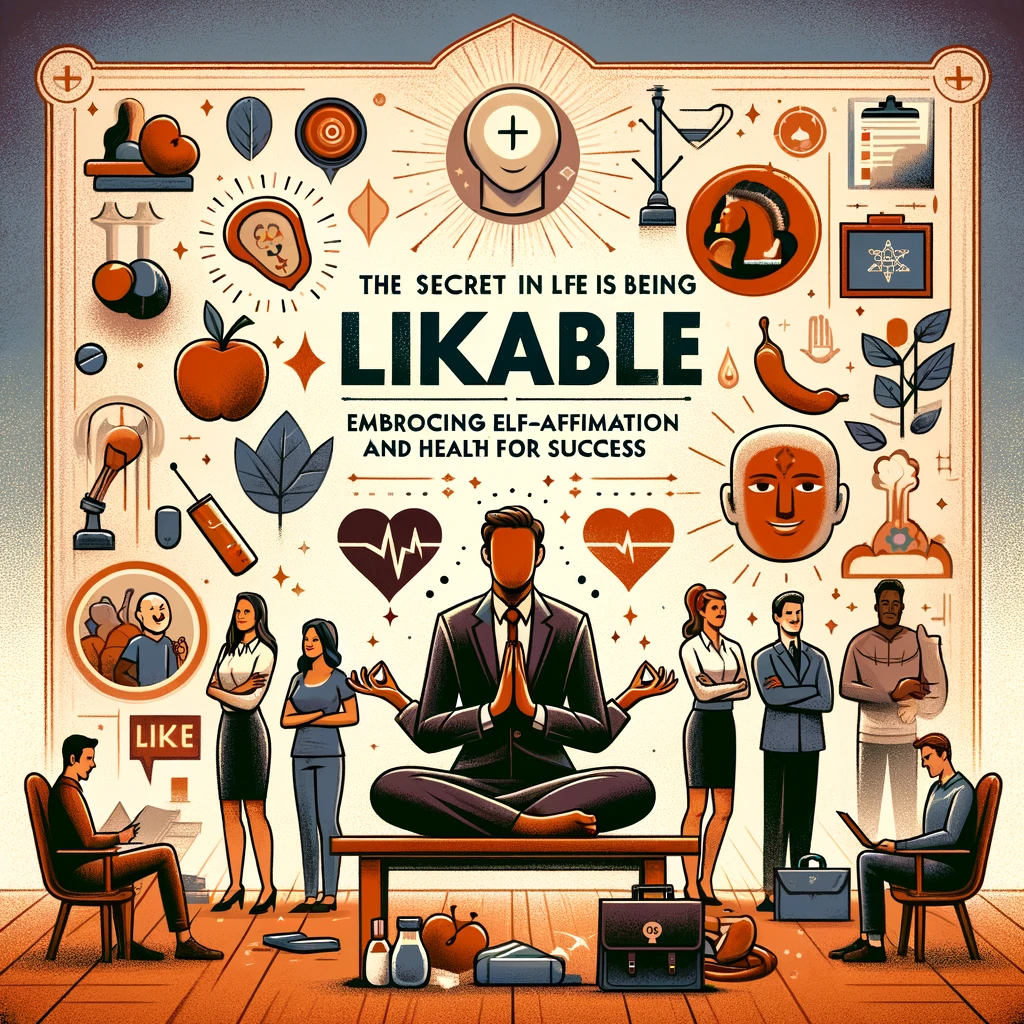In the quest for personal and professional fulfillment, being likable emerges as a pivotal trait. This characteristic is more than just a surface-level attribute; it is deeply rooted in self-affirmation and holistic health. As Di Tran, the acclaimed author of “Drop the ME and Focus on the Others,” suggests, the journey to likability begins with a profound appreciation and understanding of oneself.
Self-Affirmation: The Cornerstone of Likability
Self-affirmation lays the foundation for being likable. It is the process of recognizing and valuing one’s worth, abilities, and potential. This positive self-regard fosters confidence, which naturally translates into a more affable and engaging personality. When individuals like themselves, they exude a sense of ease and authenticity, making them more approachable and relatable.
Tran emphasizes the significance of self-affirmation in his series of books. He argues that embracing one’s strengths and weaknesses with a positive mindset is crucial. This acceptance not only enhances self-esteem but also equips individuals to face challenges with resilience and grace, qualities that are inherently attractive to others.
Holistic Health: A Balanced Approach
Likability extends beyond mental well-being to encompass physical health. A healthy body contributes to a healthy mind, creating a synergy that radiates positivity. Regular exercise, a balanced diet, and adequate rest are essential components of physical health that directly impact one’s demeanor and interaction with others.
Tran’s philosophy aligns with this holistic approach. He advocates for a lifestyle that balances physical activity with mental and emotional care. Exercise, for instance, is not just about maintaining physical fitness; it’s also a powerful tool for mental clarity and stress relief. A person who takes care of their physical health is often more energetic, positive, and productive, traits that are highly valued in both personal and professional contexts.
Practical Applications in Business and Personal Life
In the business world, likability can be a game-changer. Tran’s success in his ventures is a testament to the power of being a personable leader and team member. Likable individuals foster better collaborations, create positive work environments, and often lead more effectively. They are adept at building relationships, which is a critical skill in networking and client interactions.
In personal life, likability enhances one’s social interactions and relationships. Being pleasant and easy to work with attracts a diverse range of individuals, fostering a rich and supportive social circle. This, in turn, contributes to a higher quality of life and overall happiness.
Conclusion: The Power of Being Yourself
Ultimately, the secret to being likable is not about striving to please everyone or losing oneself in the process. It’s about being authentically yourself, with a focus on self-growth and health. As Tran eloquently puts it, dropping the ‘me’ and focusing on others doesn’t mean neglecting oneself. Instead, it’s about finding a harmonious balance where self-care and empathy go hand in hand. Embracing this philosophy not only makes one likable but also paves the way for a fulfilling and successful life.




